The Documentation Burden in Eye Care
Ophthalmology is one of the most data-rich specialties in medicine.
Each visit generates detailed clinical information — from visual acuity measurements to OCT images, refraction data, slit-lamp findings, and post-op notes.
But while diagnostics are highly automated, documentation is not.
Providers still spend hours every day typing, clicking through EHR fields, or dictating notes that staff later reformat.
The result:
- Fewer patients seen per day
- Increased after-hours charting (“pajama time”)
- Inconsistent documentation quality
- Slower billing turnaround
AI is changing that by automating documentation in real time — allowing ophthalmologists to finish notes before the patient leaves the room.
Why Manual Documentation Is Inefficient
Manual charting slows clinics down because it requires:
- Typing or dictating detailed findings
- Manually importing imaging results
- Double-checking coding and compliance
- Repetitive note entry across similar visit types
Even with templates, it’s still a repetitive, error-prone process.
AI solves this by converting clinical conversations and structured data into compliant, EHR-ready notes automatically.
How AI Reduces Documentation Time
AI-powered documentation tools eliminate redundant work by listening, learning, and writing for you.
Here’s how ophthalmology practices are using it today:
1. Real-Time Note Generation
AI captures provider-patient dialogue or dictation during the exam.
- Recognizes ophthalmology-specific language (e.g., “trace nuclear sclerotic cataract,” “IOP 15 OU”).
- Builds complete SOAP or procedure notes instantly.
Result: Providers review and sign, rather than type.
2. Auto-Import of Imaging and Measurements
AI integrates with diagnostic equipment and EHR systems.
- Pulls data from OCTs, biometry, and refraction devices.
- Inserts findings directly into the note.
Result: No manual copy-paste or data transfer.
3. Automated Coding and Billing Prep
AI links documentation to correct CPT and ICD-10 codes.
- Flags missing details for compliance.
- Suggests additional billable services.
Result: Clean, billable notes with zero rework.
4. Smart Templates for Repetitive Visits
AI learns from previous notes to pre-populate common encounter types.
- Adapts templates for follow-ups, surgeries, and post-ops.
- Preserves provider preferences and phrasing.
Result: Fewer clicks, faster completion.
5. Real-Time Validation and Compliance Checks
AI reviews notes for completeness before signing.
- Verifies documentation supports billed codes.
- Flags missing MDM or procedure details.
Result: No compliance errors, no delays in billing.
The Measurable Time Savings
Ophthalmology clinics using AI documentation tools report:
- 70–90% reduction in charting time
- Faster note completion and billing turnaround
- Improved provider satisfaction and reduced burnout
- More consistent documentation across providers
AI doesn’t just speed up documentation — it improves its accuracy, structure, and clinical value.
Why Honey Health Is the Best AI for Reducing Documentation Time
Honey Health’s AI is trained on specialty workflows like ophthalmology, ensuring precise terminology and structured data capture.
With Honey Health, clinics can:
- Auto-generate complete encounter notes instantly.
- Integrate data from imaging systems and refraction devices.
- Validate documentation for compliance in real time.
- Sync notes directly into their EHR for billing.
Honey Health turns charting from a daily burden into a background process — freeing providers to focus on care, not clicks.
From Hours to Minutes
In ophthalmology, every second counts — for both vision and efficiency.
AI documentation automation gives those hours back, allowing clinicians to see more patients, reduce burnout, and close their charts on time.
With Honey Health, documentation happens in the background — fast, compliant, and effortlessly accurate.

